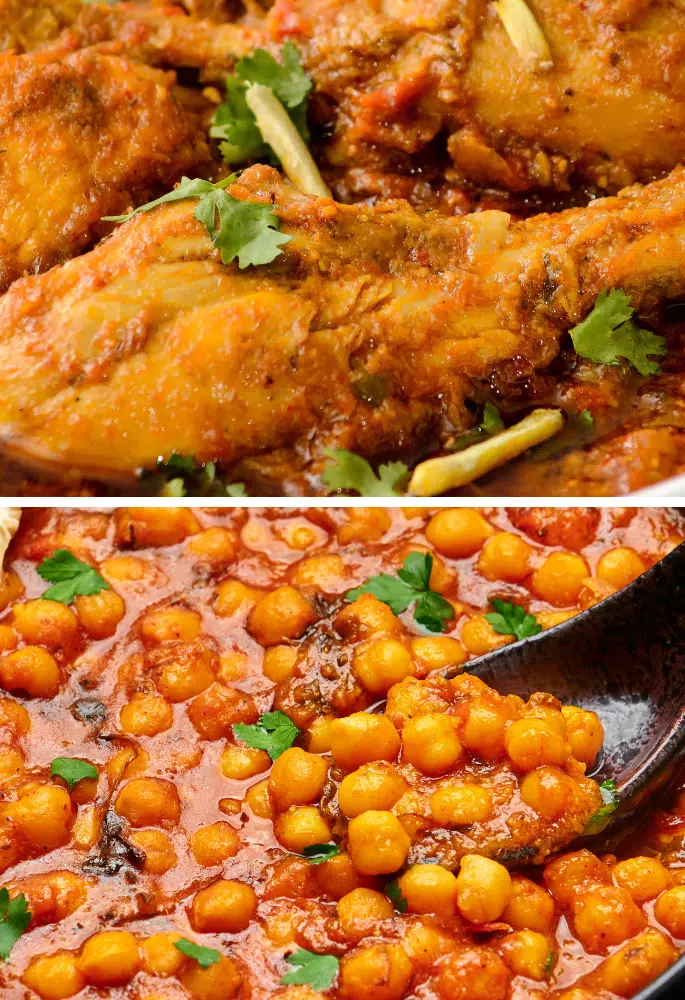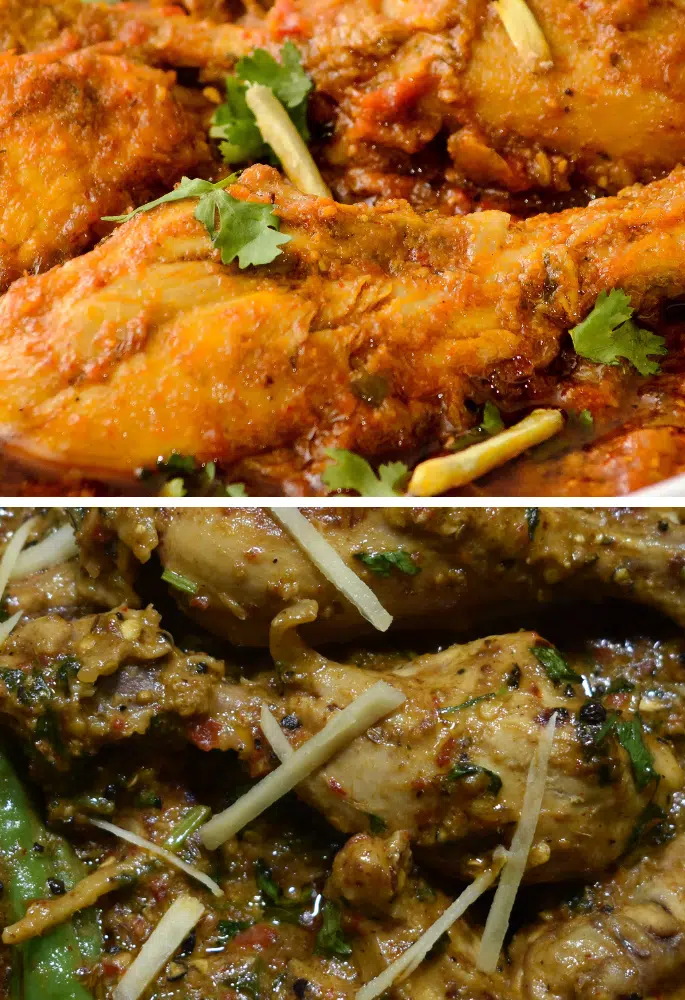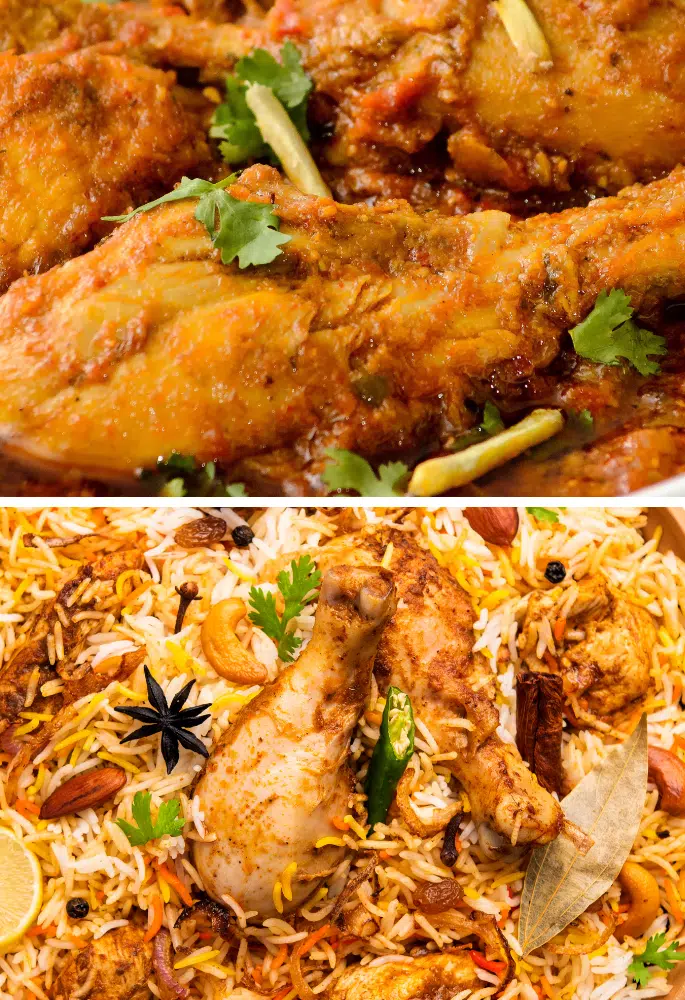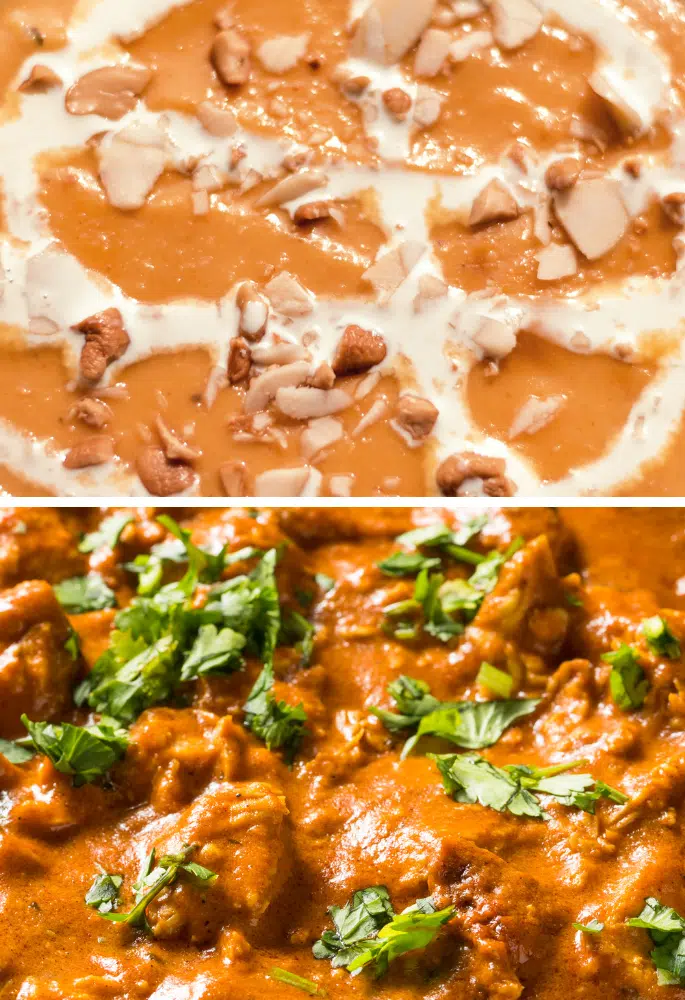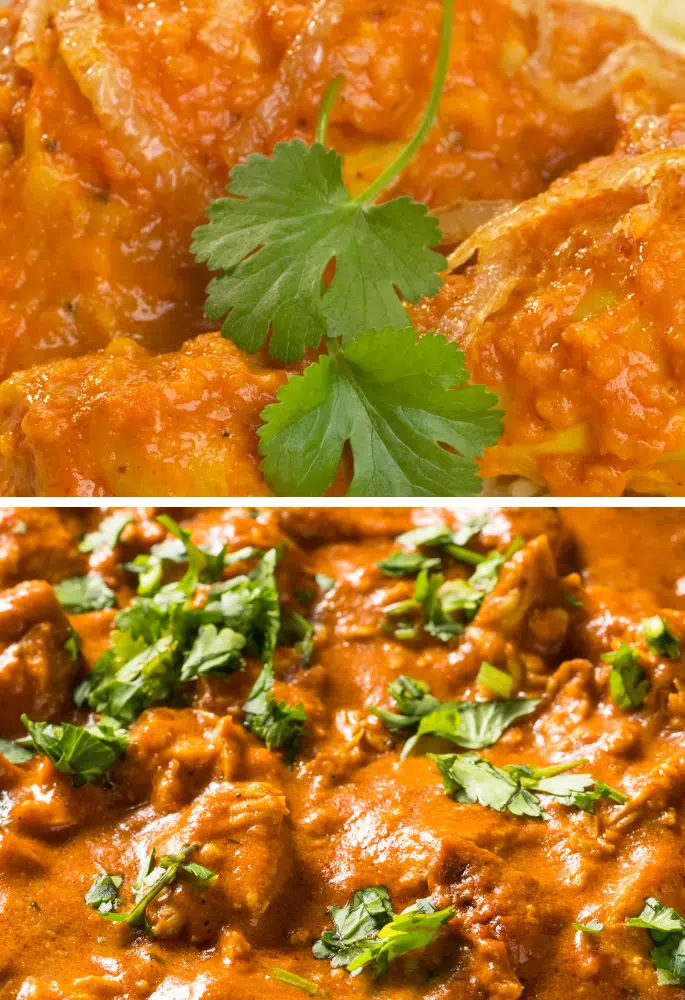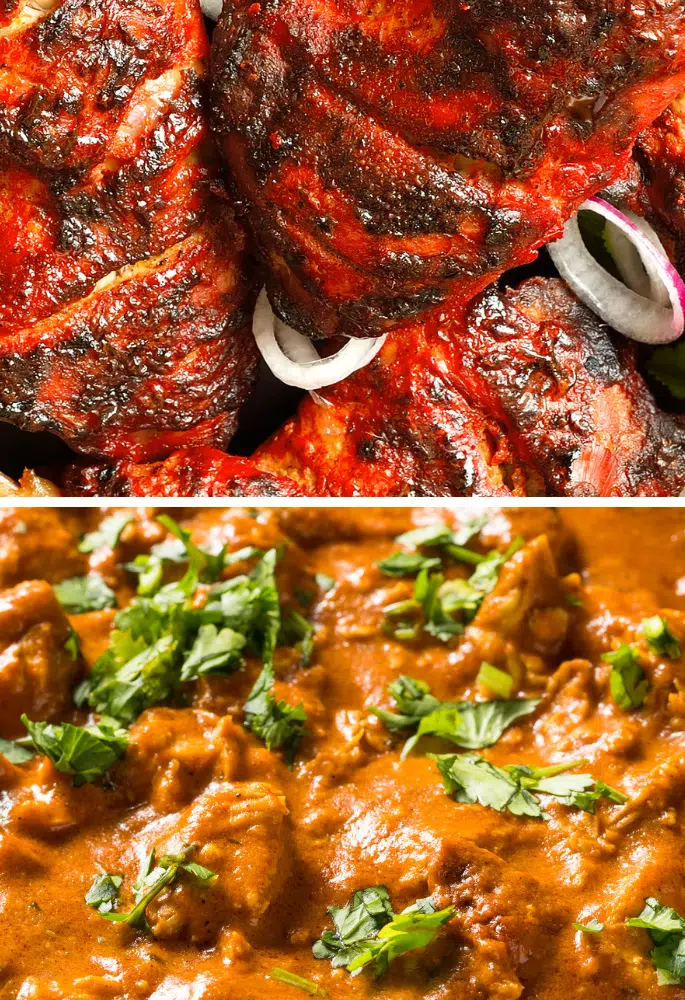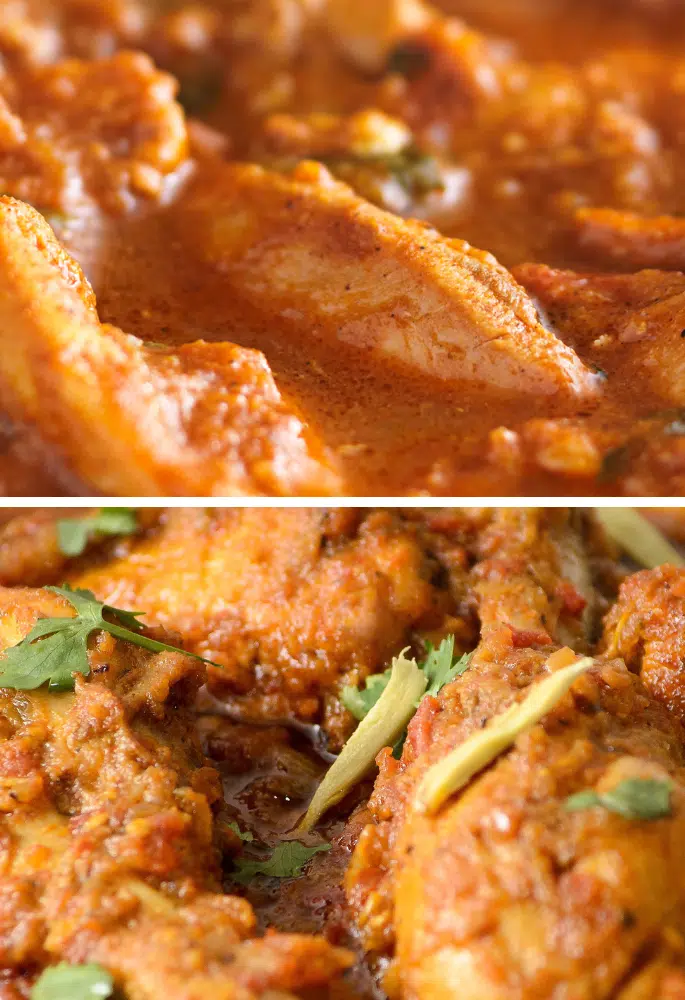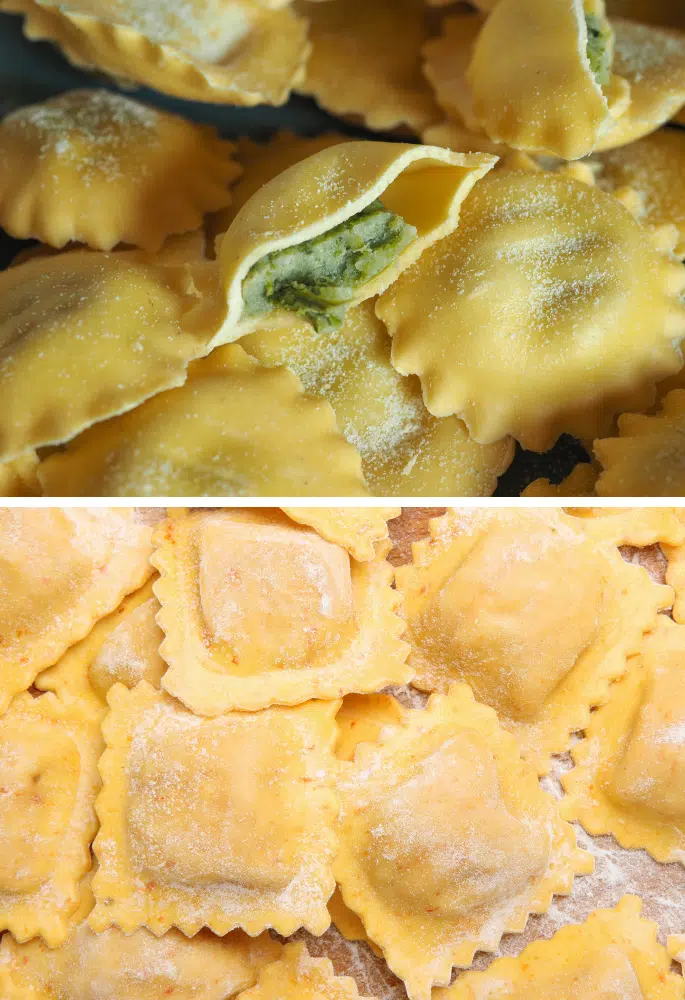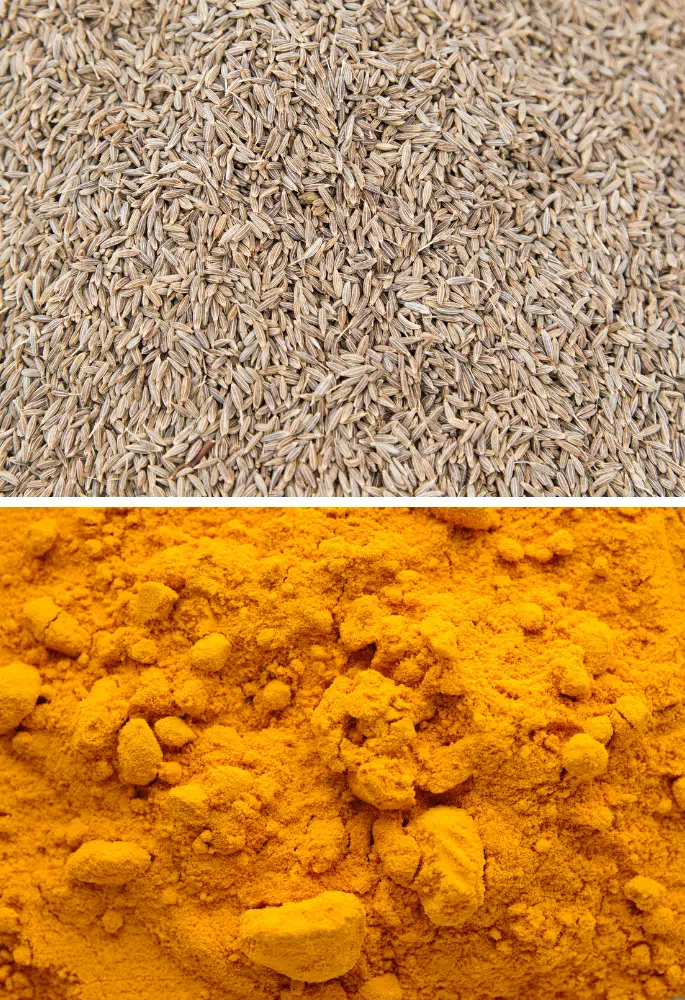Lavender seems to be absolutely everywhere. It’s in scents, in essential oils, in our bubble baths and in our gardens! But, can you put it in your cooking too? Can you eat lavender safely? Or should it be avoided?
You can eat lavender and it is often used in teas and baked goods. You can actually use it like you would use many other herbs. If you have lavender growing in your garden then check which variety it is before using it in your cooking as not all varieties are edible.
Although most lavender varieties are safe to eat, some can be too overpowering and others too bland. Many varieties have been cultivated for their scent so they can be used in soaps and fragrance oils.
If you plan on using lavender in the kitchen then look for Lavandula Angustifolia. This is English or True lavender and is the culinary lavender you’ll want to stick to using in your cooking.
What Does Lavender Taste Like?
Lavender has quite a strong flavour but it is the aroma that hits you first. That floral smell you are used to when in the garden or when you use essential oils is the same as if you pop a little lavender into your cooking.
You should use lavender sparingly for this reason as too much can quickly overpower your food.
Lavender is difficult to describe as a flavour because it has a flavour all of its own. It is comparable to a very earthy and floral mint flavour and when added to sweet foods, such as cookies or cakes, the sweetness of the cake softens the pungent scent and taste of the lavender.
How to Eat Lavender
Lavender is one of those herbs that can be used in all sorts of ways. It has a multitude of uses before you even start to look into how it can be consumed. It is often used in sweet recipes but if you want to try it in a curry or stew there is no reason you shouldn’t experiment and try.
If you’re struggling for ideas or need a little inspiration, why not see if any of these take your fancy:
Tea
You can buy ready-made teas that contain lavender or you can make your own.
Pop some lavender into an infusing bag with any other ingredients you want and infuse it into boiling water for 3 to 5 minutes for a delicious yet delicate drink that is thought to relieve stress and even help your digestive system.
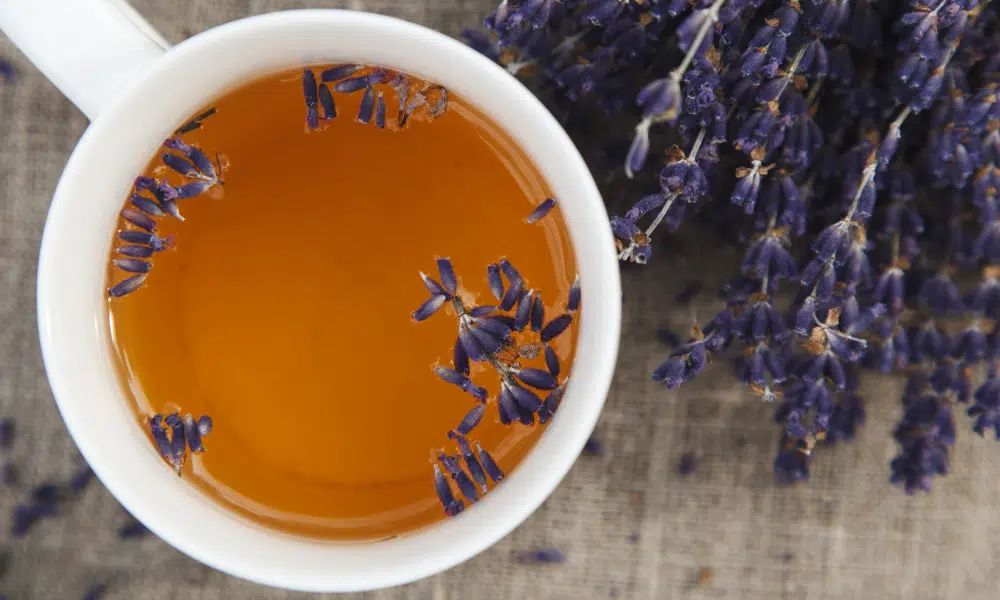
Cakes and Cookies
For baking with a difference, invest in some edible dried lavender. You can pair it with lemon for a delicious cake or you can experiment with your own flavours. It is an unusual ingredient that can lift your baking and add a new dimension to your cooking.
Herb Blends
Lavender works well with a lot of different flavours so why not experiment and make your own signature herb and spice blend to add to your meals?
Lavender works particularly well with oregano, garlic, rosemary and even lemon zest. Try it for yourself and see what flavour combination is your favourite.
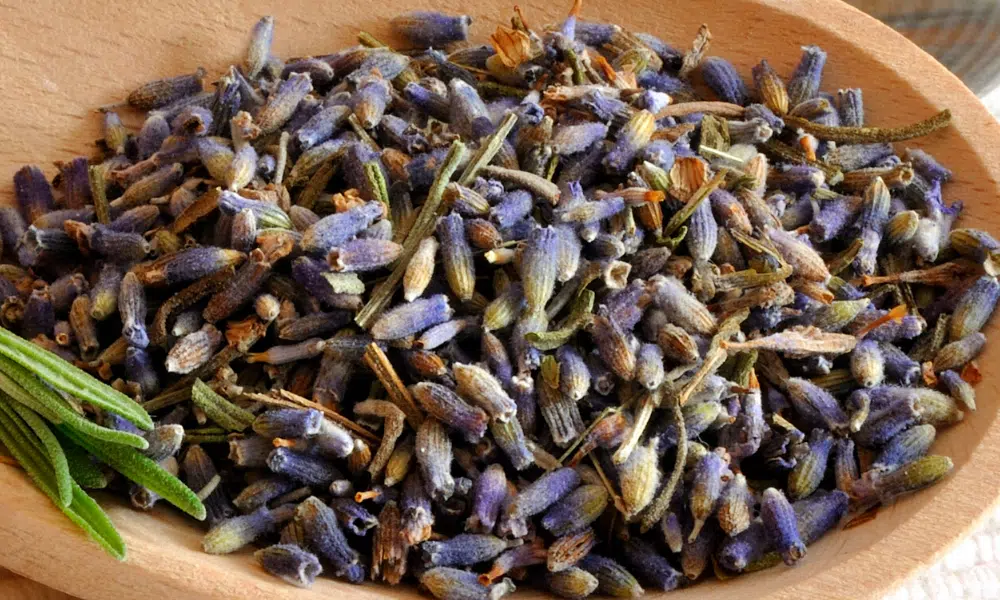
Meat Rub
If you are looking for different flavours to add to your meats as they cook why not try adding a little dried lavender?
Oregano, garlic and lavender is a lovely mix and works with many kinds of meats including lamb, pork and beef. It can be a little overpowering for more delicate meats such as chicken.
Salad Dressing
Liven up a salad by adding a little edible lavender to your favourite salad dressing or by adding a sprinkling of flowers as a salad topping.
You can use either fresh or dried lavender. This works well with leafy salads which need some added flavour. Try combining olive oil, lemon juice, salt and lavender as a dressing.
Benefits of Eating Lavender
Lavender can offer more than just adding flavour and interest to your food. It is thought that it can help aid your digestive system when drunk as tea. The scent of lavender can also help relieve headaches and stress.
The biggest benefit to eating lavender is, of course, the flavour. There are few herbs like it and if you want to make a meal or bake something that is unique then adding a little lavender can make all the difference.
Should You Eat Lavender?
As long as you can find an edible variety of lavender then yes you should eat lavender!
Be careful though because not all varieties of lavender are edible, some are unpleasant to eat and some could even end up making you sick.
Buy lavender to eat from a health store or the supermarket. You can buy it as edible oil or as a dried herb to pop into your cooking.
Be very careful of the fresh lavender you may have in your garden and make sure you check it is edible before eating it.
Lavender FAQs
If you’ve got other specific questions about eating lavender then these might help:
Most types of lavender are edible but the best variety to use in the kitchen is Lavendula Angustifolia. Although other varieties are edible, they may smell fragrant but they can have a bitter or overpowering flavour which can ruin your dishes.
This depends on the variety you have grown. If you have grown Angustifolia (or English) lavender then this will work great in the kitchen.
No, lavender oil should be consumed and is known to be toxic. It is incredibly concentrated so should only be used for its scent and not for consumption.
Nearly all lavender is safe to eat but some will be far more pleasant to eat than others. Most varieties will have either a bitter or overpowering flavour. You should avoid eating Grosso, Edelweiss or Stoechas varieties.
Yes, you can eat dried lavender flowers… But be warned. When the flowers are dried, the flavour becomes more intense so you should use them sparingly in your cooking. They do look great sprinkled over iced cakes though!
Lewis is the founder and editor of Let’s Foodie alongside other food-related platforms including FreezeIt and SubstituteIt. He launched Let’s Foodie to provide aspiring cooks with one place to get the answers to some of the most commonly asked cooking questions.

